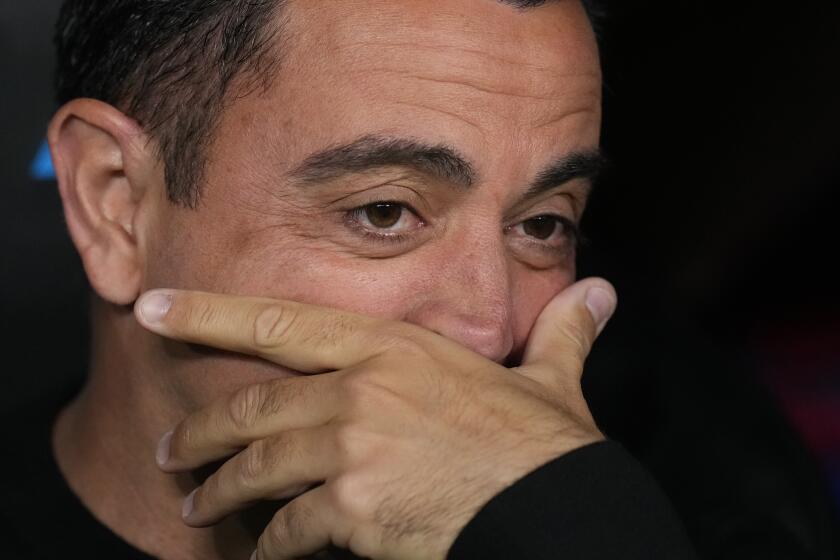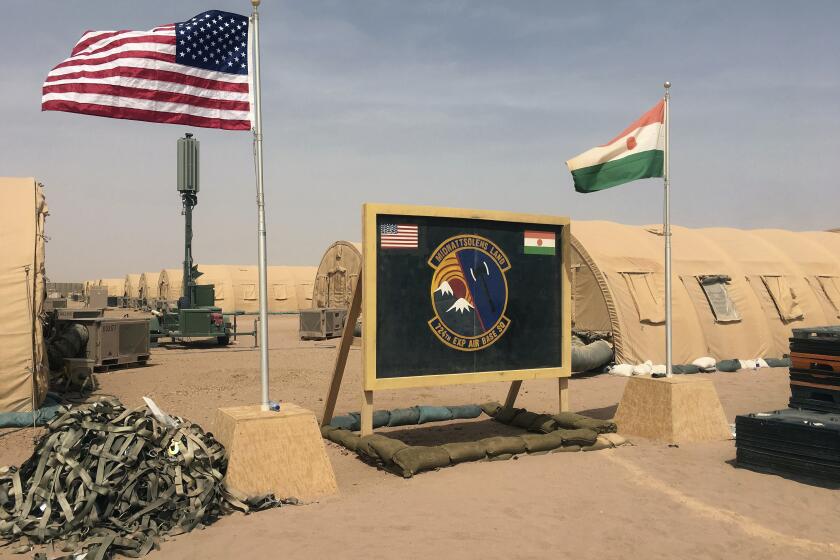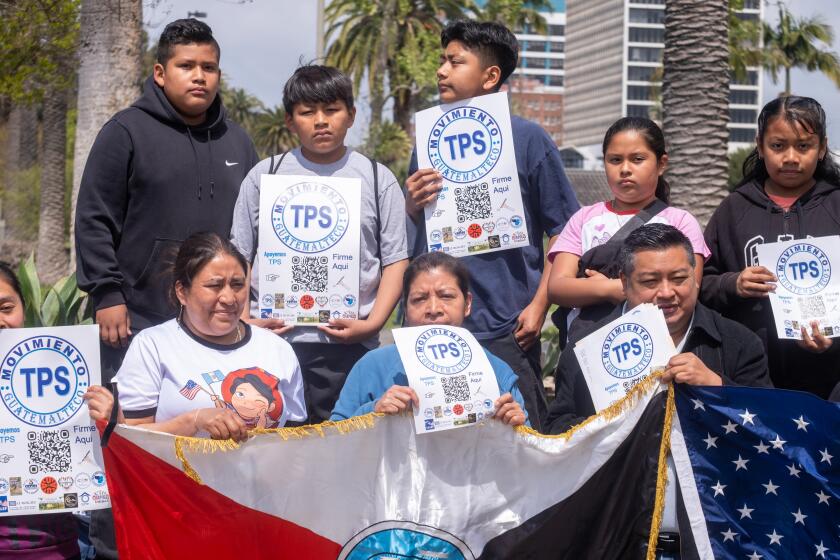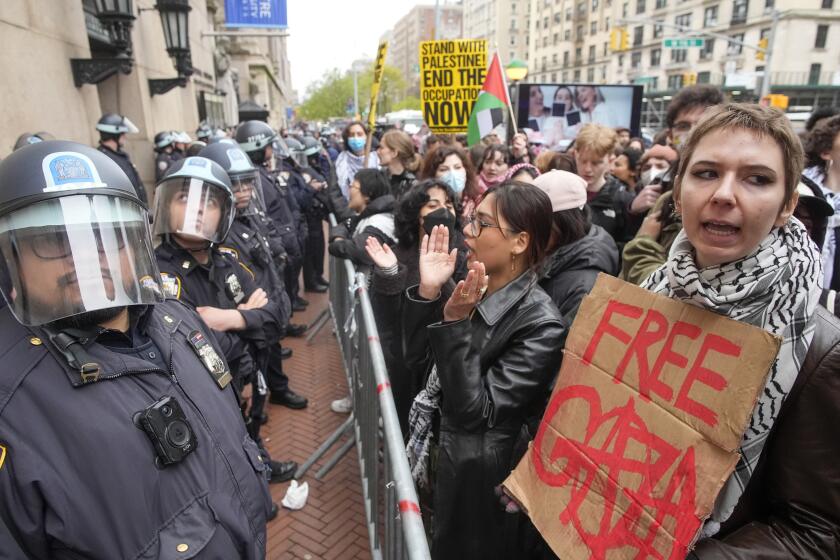UN wants to be an honest broker in Venezuela
The United Nations will not join any the various international initiatives now in progress to resolve the crisis in Venezuela, Secretary-General Antonio Guterres said Monday.
“The UN secretariat has decided not to be part of any of these groups in order to give credibility to our continued offer of good offices to the parties to be able at their request to help find a political solution,” he told reporters.
Guterres met here last week with diplomats from Mexico and Uruguay about efforts to mediate between Venezuelan President Nicolas Maduro and National Assembly speaker Juan Guaido, who has proclaimed himself acting head of state.
An international contact group comprising the European Union and eight of its member-states along with Bolivia, Costa Rica, Ecuador and Uruguay is due to have its first conference Thursday in Montevideo
Organizers had hoped that Guterres would attend.
The secretary-general said Monday that while he has been in contact with all of the nations involved in the Venezuela situation, the UN must strive to be seen by all parties as a honest broker.
The world body has maintained that stance since Guaido’s Jan. 23 statement designating himself as acting president, insisting that it is not the UN’s place to recognize or disqualify heads of state.
The UN continues to work with the Maduro government in implementing humanitarian and development programs in Venezuela.
Taking a similar position, the International Red Cross has said that it will not take part in any attempts to deliver humanitarian aid to Venezuela without the approval of the existing government.
The United States and its Latin American allies moved quickly to recognize Guaido’s claim to the presidency and were joined Monday by Spain, France, the United Kingdom, Germany, Sweden, Austria, Portugal and Denmark.
Those nations - all but Denmark are part of the contact group - had given Maduro until Monday to agree to call snap elections.
Maduro won a second term in last May’s presidential balloting by a wide margin, but much of the opposition boycotted the process and rejected the result as illegitimate, supported by the same foreign governments that now embrace Guaido.
The opposition consider Maduro - the successor to firebrand leftist leader Hugo Chavez , who ruled Venezuela from 1999 until his death in 2013 - to be a usurper.
While the European Parliament voted last week to recognize Guaido, the EU’s executive arm organized the contact group as a way of resolving the crisis.
Russia, China, Iran, Turkey, Bolivia and Nicaragua support Maduro.



